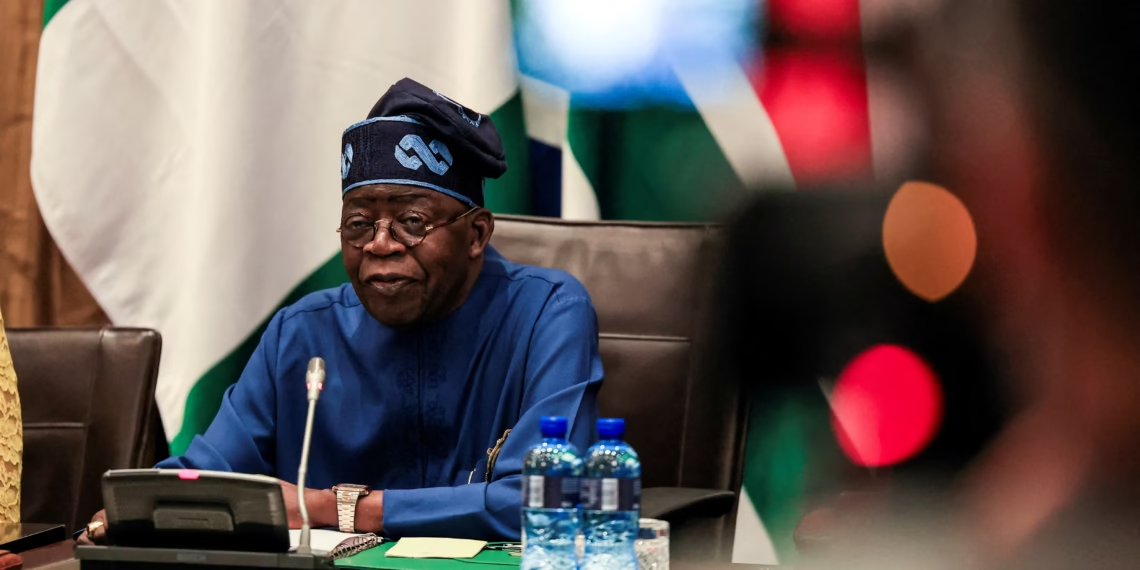President Bola Ahmed Tinubu’s decision to pardon 175 Nigerians has sparked a wave of reactions across social media, dividing public opinion over what many describe as a politically charged gesture.
The President’s announcement, which followed the endorsement of the National Council of State, included posthumous pardons for historic figures such as nationalist Herbert Macaulay, the late Major General Mamman Jiya Vatsa who was executed for alleged coup plotting, and members of the Ogoni Nine, executed during General Sani Abacha’s regime.
In total, 82 inmates were granted complete freedom, 65 had their sentences reduced, while seven death sentences were commuted to life imprisonment. Among those pardoned is former lawmaker Farouk Lawan, convicted for accepting bribes in the fuel subsidy scandal.
However, the exclusion of Nnamdi Kanu, leader of the Indigenous People of Biafra (IPOB), ignited public outrage. Many Nigerians questioned why his name was missing despite multiple court orders calling for his release.
Prominent activist and Sahara Reporters publisher, Omoyele Sowore, criticized the move, describing it as selective justice. He wrote on X, “President Tinubu has pardoned a list of convicted individuals, including a cocaine trafficker and a coup plotter, while Nnamdi Kanu remains detained against court rulings. Criminals are being celebrated, while a man fighting for justice is left behind.”
Others defended the President’s decision. An X user, @Waspapping, said, “Releasing Nnamdi Kanu would be a dangerous precedent. It could encourage other agitators and embolden those who have caused bloodshed.”
Some Nigerians reacted with sarcasm. User @MaziaAbia commented, “Pardoning the dead while punishing the living—if comedy were a person, it would be Tinubu.”
Another critic, @aondosoo, wrote, “This is just another distraction. Nigerians are battling insecurity, unemployment, and poor healthcare, yet the government keeps shifting focus to side issues.”
The presidential pardon, meant to symbolize reconciliation and national healing, has instead reopened debates about justice, fairness, and political bias in Nigeria’s governance.






